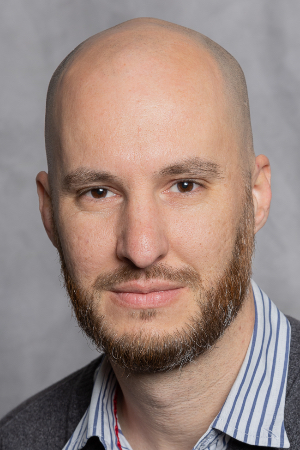GROUP LEADER: Prof. Karl Storbeck
Position: Professor
Office: A120 JC Smuts Building
Phone: +27-(0)21-808-5862
Fax: +27-(0)21-808-5863
Email: storbeck@sun.ac.za
Laboratory for Steroid Biosynthesis and Metabolism
Steroid hormones are biologically active molecules derived from cholesterol that regulate a wide range of physiological processes in humans. As key hormones of the endocrine system, steroid hormones play essential roles in metabolism, the stress response, immune function, and reproductive health.
My group uses cutting-edge translational approaches to investigate steroid hormone biosynthesis and metabolism in human health and disease. As a strong believer in team science, I am passionate about combining my fundamental research on steroid biochemistry with clinical research in the translational space, where it can have a direct impact on patient outcomes. This transdisciplinary approach includes extensive collaboration with endocrinologists and systems biologists.
My group has a special interest in 11-oxygenated androgens, a previously overlooked class of adrenal-derived androgens. By identifying 11-oxygenated androgens as potent androgens in humans, our work has challenged the long-established paradigm that testosterone and 5α-dihydrotestosterone (DHT) are the only relevant androgens in human physiology. We study how 11-oxygenated androgens are biosynthesised and how they contribute to disease states, including hormone-dependent cancers and metabolic conditions.
A large part of our research involves the accurate quantification of steroid hormones from both in vitro models and clinical samples using state-of-the-art liquid chromatography–tandem mass spectrometry (LC–MS/MS). We welcome any collaborations that requires the quantification of steroid hormones in biological samples.
Publications

